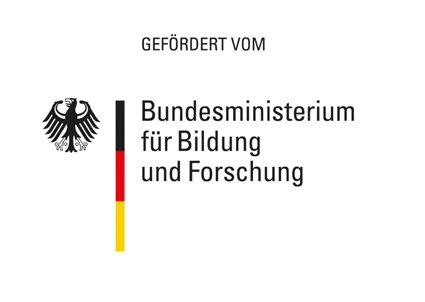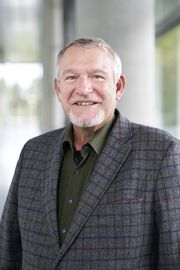FosterCare
Foster Families as Places of Safe Participation for Children and Adolescents and the Development of Protection Concepts to Strengthen the Personal Rights of Children, Adolescents and Care Leavers
Keywords
Protection Concepts, Foster Child Assistance, Sexualized Violence
Project Management
Cooperation Partners
Prof. Dr. Wolfgang Schröer, Dr. Florian Eßer, Tanja Rusack, University of Hildesheim Foundation
Prof. Dr. Mechthild Wolff, Landshut University of Applied Sciences
Project Term
01/2018–12/2020
Background & Aim of the Project
International research on child maltreatment shows that children and adolescents in foster families experience psychological, emotional and sexual violence significantly more often than peers who do not live in foster care. However, in Germany there is so far neither led a discussion among experts nor a systematic analysis and research of processes in foster care done. Accordingly, protection concepts for full-time care have only been developed to a very limited extent.
The aim of this interdisciplinary collaborative project is to develop recommendations for protection concepts from the perspective of the personal rights of children and adolescents within the framework of a participatory approach, to strengthen the position of children, adolescents and former foster children (care leavers), and to analyze existing approaches (to support) of good practice.
Description of the Project
The work process of the interdisciplinary collaborative project can be divided into the following work objectives:
- Analysis of already applied forms of protection of children and adolescents against forms of violence in the professional infrastructures of foster families
- Preparation of protection concepts already existing internationally or in other fields of child and youth welfare in Germany for the possible transfer to foster child assistance in Germany
- Development of starting points for protection concepts in the context of discussion rounds with foster children, care leavers, foster parents and employees in foster child services
- Compilation of information material on the personal rights of foster children and care leavers
- Giving children, adolescents and care leavers the opportunity to express their own experiences on a hotline and, if necessary, passing them on to a counseling center
- Development of recommended action and training materials for protection concepts in foster child assistance
Contact Address
Funded by
Federal Ministry of Education and Research (BMBF)
Project Management Agency: German Aerospace Center (DLR)


